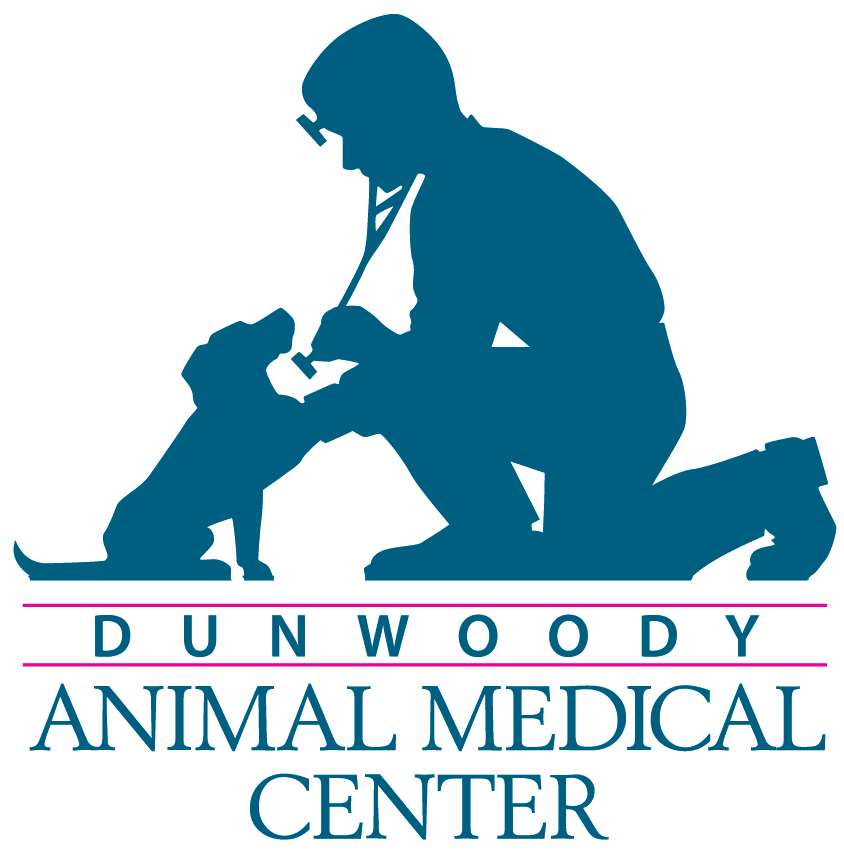General anesthesia is used for surgical procedures where your pet must be fully “asleep.” Simply put, general anesthesia is a controlled unconsciousness so that your pet doesn’t feel any pain and doesn’t move. In this state, we are able to perform the procedure safely, accurately, and painlessly. Most healthy pets, even senior pets, don’t have any problems with anesthesia. Potential risks are more closely related to the type of procedure being done and your pet’s general health rather than to the anesthesia itself. However, like any medical procedure, it is important for you to understand that there is always a risk of anesthetic and surgical complications. These risks can run from minor problems, such as mild coughing, vomiting, or diarrhea, to more serious life-threatening problems such as cardiac arrest, blood clots, and death. Rest assured that we always strive to take the highest quality and safest care of your pet as possible.
Below are some of the possible incidences that can occur after common surgical procedures:
Canine & Feline Spay:
- Vomiting/diarrhea
- Mild bruising
- Tracheal cough
- Decreased appetite
- Bleeding
- Infection
- Recurrent estrus
- Urinary incontinence
- Weight gain
- Suture reactions
Canine & Feline Neuter:
- Vomiting/diarrhea
- Mild bruising
- Tracheal cough
- Decreased appetite
- Bleeding
- Infection
- Testicular swelling
- Weight gain
- Suture reactions
Growth Removal:
- Vomiting/diarrhea
- Mild bruising
- Tracheal cough
- Decreased appetite
- Bleeding
- Infection
- Swelling & drainage
- Suture reactions
- Regrowth

